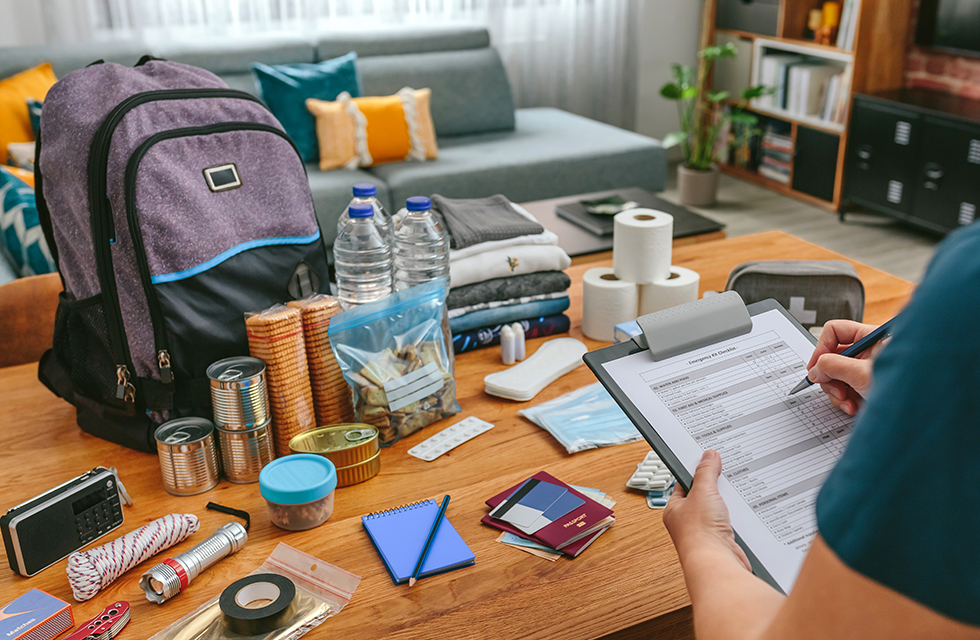Start 2025 with a Resolution to be Prepared!

Resolve to be Ready in 2025 by:
-
Building an emergency kit: Pack the essentials and be prepared to be on your own for at least 3 days (72 hours). Things to include are 1 gallon of water per person, per day, 3 days of nonperishable food and medicine, a written family emergency plan, a battery powered and/or hand-crank radio and extra batteries, and a change of clothes for each person.
-
Making a family emergency plan: Every family should have their own emergency plan that includes how to communicate with family and friends during disasters and where you’ll meet if you can’t make it home. Consider your specific individual and family needs, how you'll contact one another and reconnect if separated, establish a family meeting place that's familiar and easy to find, and identify out-of-area contacts in case local communication lines are not accessible.
-
Staying Informed: Being informed is an integral part of being prepared -- PWC Alerts is an emergency notification system used by Prince William County government to send emergency alerts, as well as automated weather notifications. Sign up at pwcva.gov/alerts! Other ways to stay informed include Prince William TV Channel (Comcast Channel 23 and Verizon Channel 37) and following county social media pages on Facebook and Twitter.
-
Getting Involved: There are many ways to get involved before, during, and after an emergency. Local response and recovery partners and nationwide organizations are great options. Some partners include Volunteer Prince William, Prince William Health District Medical Reserve Corps, American Red Cross, Salvation Army and the PWC Amateur Radio Emergency Services (ARES) team.
-
Knowing your threats & hazards: Identify the threats and hazards your home, business, or commuting route may face and learn ways to protect or mitigate against them. Common hazards include thunderstorms, hurricanes, flooding, winter storms, extreme cold/heat, dam failure, structure fires, power outages, and medical emergencies.
-
Learning a new lifesaving skill: Everyone is encouraged to know lifesaving skills that you can use to help friends, family, or bystanders until first responders arrive. Examples of simple lifesaving skills include hands-only CPR, how to stop uncontrolled bleeding, how to use a fire extinguisher, and how to safely turn off your utilities.
Find more information at pwcva.gov/ready!